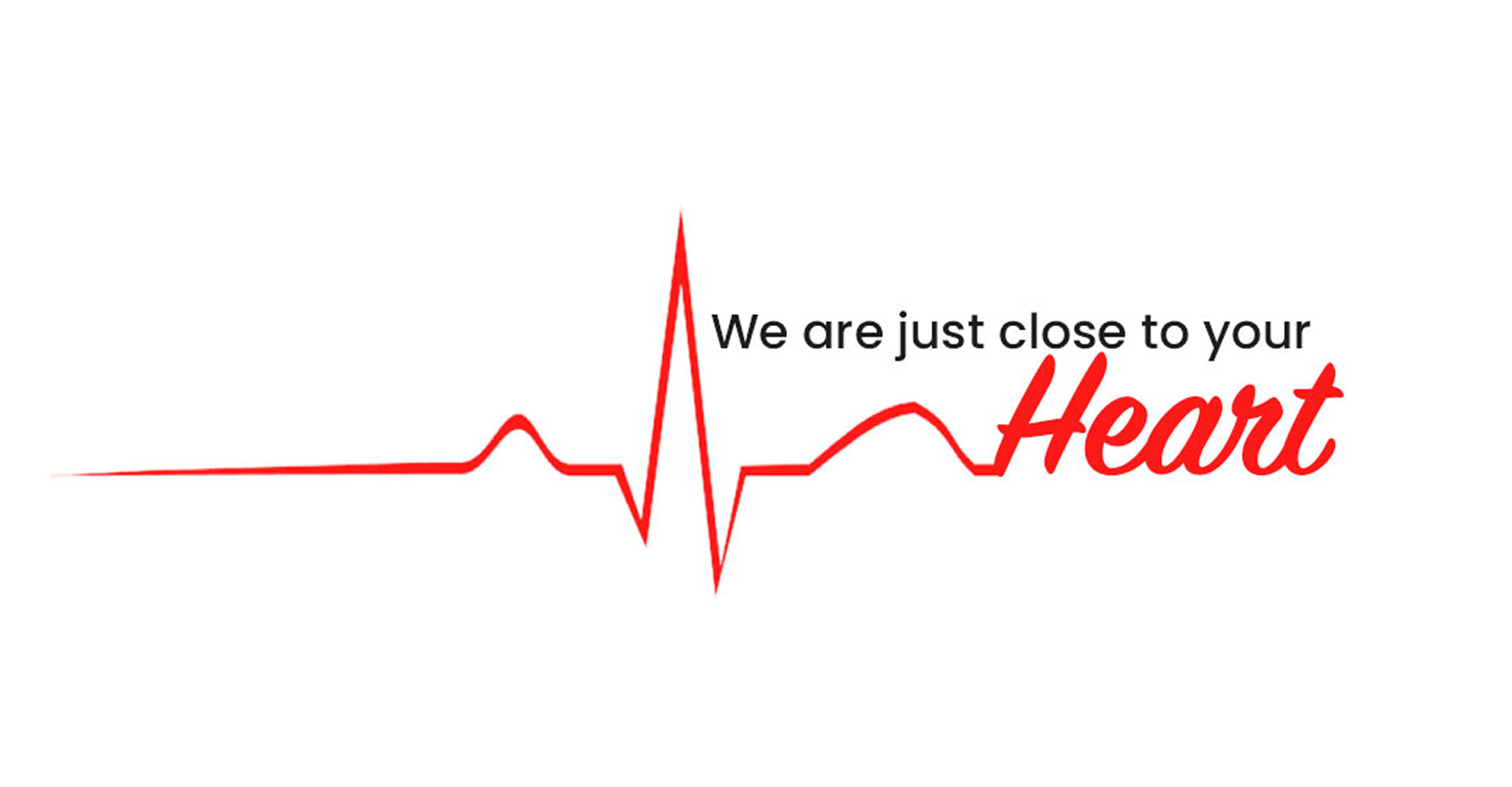


What Is Acute Myocardial Infarction – Symptoms, Causes, And Treatment
Acute myocardial infarction is the medical name. A heart attack is a life-threatening condition that occurs when the blood flow to the heart muscle is cut off suddenly, causing tissue damage. It is usually the result of a blockage in one or more of the coronary arteries. A blockage can develop due to plaque formation, a substance that is mostly made up of fat, cholesterol and cellular waste products.
Acute Myocardial Infarction Symptoms
While the classic symptoms of a heart attack are chest pain and shortness of breath, the symptoms can be quite varied. The most common symptoms of a heart attack include:
Pressure or tightness in the chest
Pain in the chest, back, jaw, and other areas of the upper body that lasts more than a few minutes or that goes away and comes back
- Shortness of breath
- Sweating
- Nausea
- Vomiting
- Anxiety
- A cough
- Dizziness
- A fast heart rate
Acute Myocardial Infarction Causes
Your heart is the main organ in your cardiovascular system, which also includes various types of blood vessels. Some of the most important vessels are arteries. They carry oxygen-rich blood to your body and all your organs. The coronary arteries carry oxygen-rich blood, especially to your heart muscle. When these arteries become blocked or constricted due to plaque formation, the blood flow to your heart may decrease or stop altogether. This can cause a heart attack. Several factors can cause blockage in the coronary arteries.
Bad Cholesterol
Bad cholesterol, also known as low-density lipoprotein (LDL), is one of the leading causes of arterial blockage. Cholesterol is a colorless substance found in the food you eat. Your body also makes it naturally. Not all cholesterol is bad, but LDL cholesterol can stick to the walls of your arteries and produce plaque. Plaque is a hard substance that blocks the flow of blood in the arteries. Blood platelets, which help blood clotting, can stick to plaque and form over time.
Saturated Fats
Saturated fats can also contribute to plaque formation in the coronary arteries. Saturated fats are mostly found in meat and dairy products, including beef, butter, and cheese. These fats can cause an arterial blockage by increasing the amount of bad cholesterol in your blood system and decreasing the amount of good cholesterol.
Trans Fat
Another type of fat that contributes to clogged arteries is trans fat or hydrogenated fat. Trans fat is usually artificially produced and can be found in a variety of processed foods. Trans fat is typically listed on food labels as hydrogenated oil or partially hydrogenated oil.
Acute Myocardial Infarction Treatment
Your chances of recovering from a heart attack depend on how much damage your heart has caused and how quickly you receive emergency care. The sooner you receive treatment, the more likely you are to survive. However, if your heart muscle suffers enough damage, your heart may be unable to pump sufficient amounts of blood throughout your body. This can stop the heart rate. Heart damage increases the risk of developing an abnormal heart rhythm, or arrhythmia. Your risk of having another heart attack will also be high.
Many people who have had a heart attack experience anxiety and depression. It is important to talk to your doctor about your concerns during recovery. It can also be beneficial for you to join a support group or talk to a counselor. Most people are able to resume their normal activities after a heart attack. However, you will need to return to any intense physical activity. Your doctor will help you develop a specific plan for recovery. You may have to take medications or undergo a cardiac rehabilitation program. These types of programs can help you regain your strength slowly, teach you about healthy lifestyle changes, and guide you through treatment.